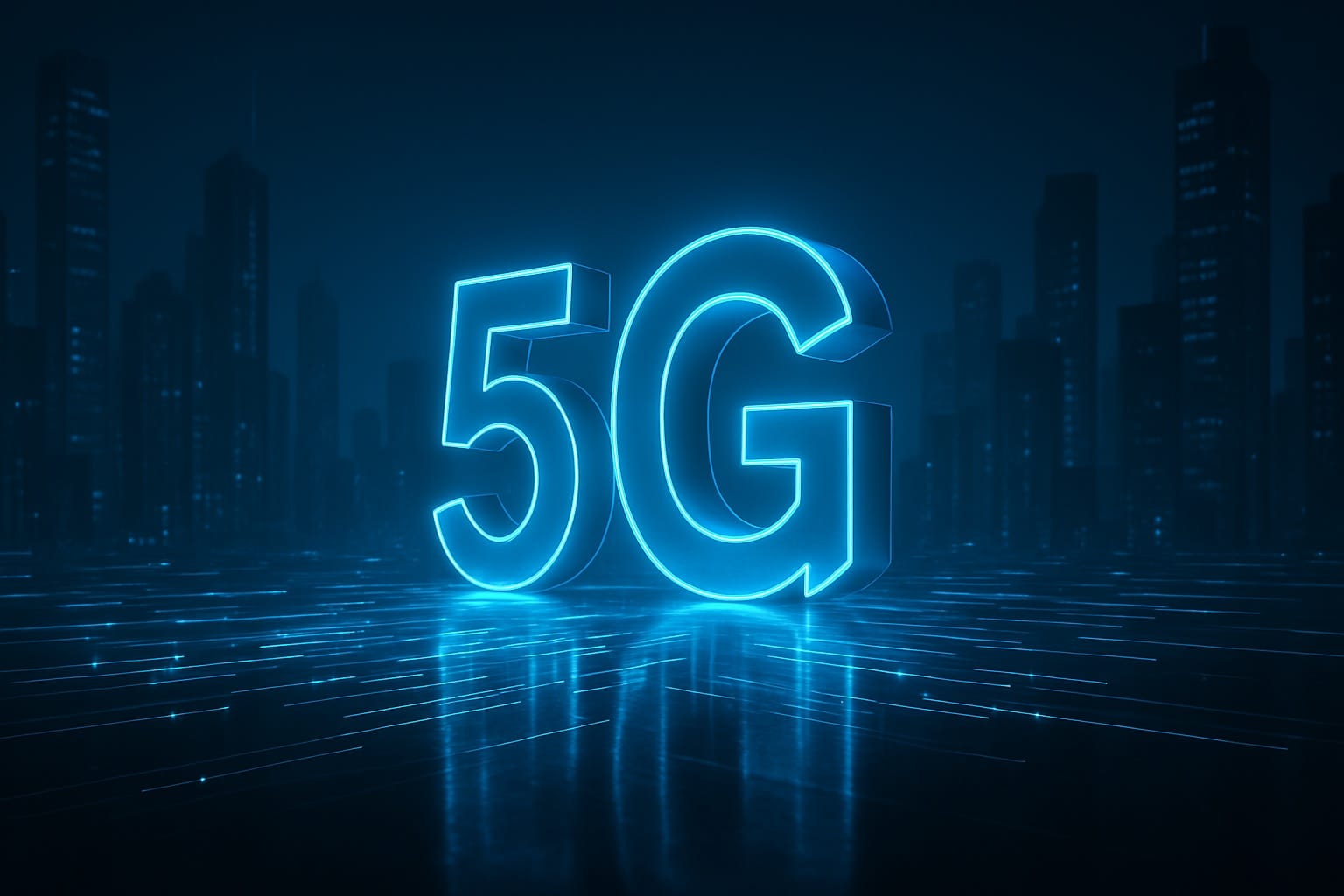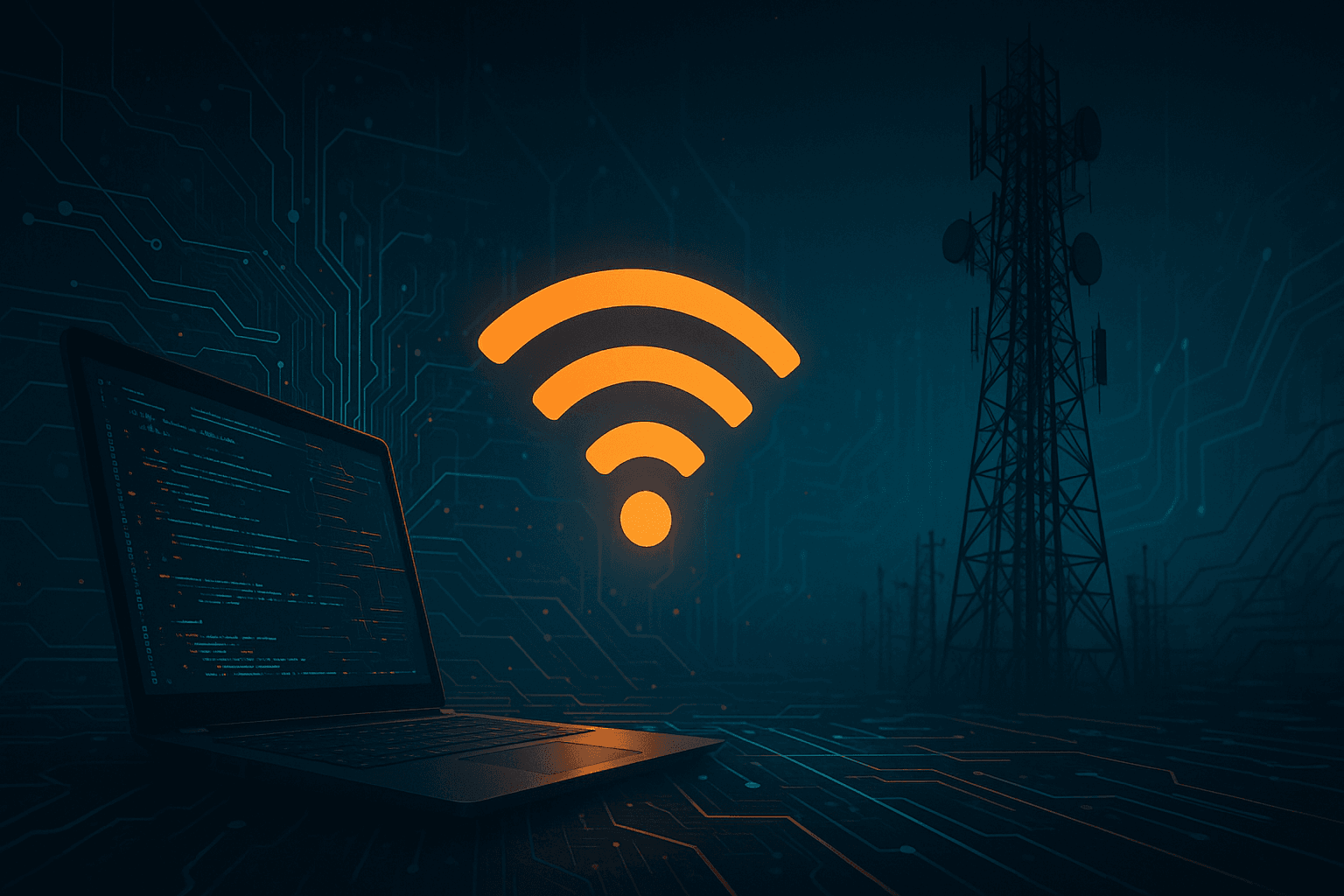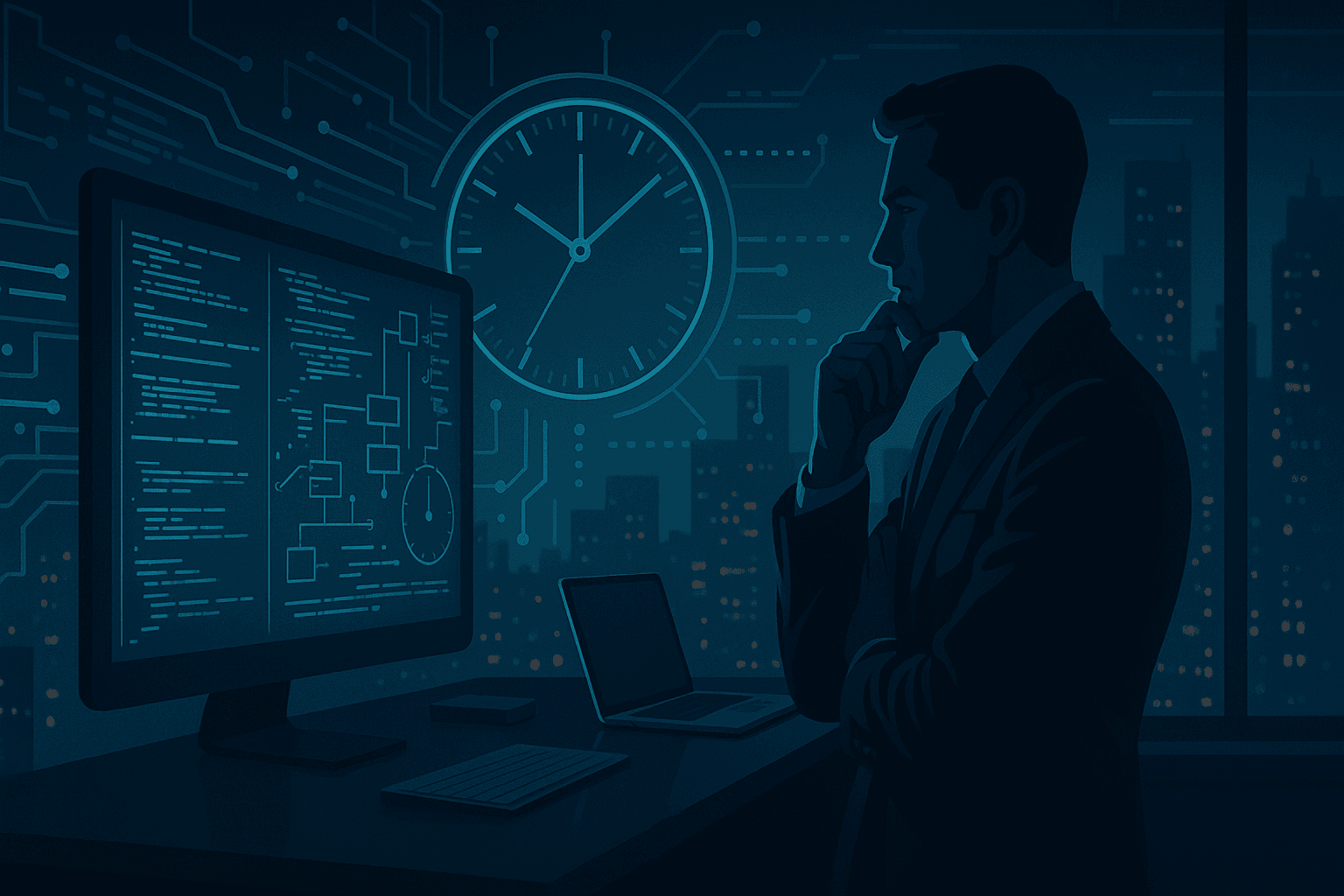The Evolution of 5G in 2022: Insights for IP Litigation Attorneys

The telecommunications industry is undergoing a transformative shift with the widespread adoption of 5G technology, as highlighted by telecommunications expert witnesses from leading providers like Verizon and AT&T. In 2021, over 170 commercial 5G networks were launched globally, and by 2022, 5G became a cornerstone of connectivity as consumer demand for faster, more responsive networks grew. For IP litigation attorneys, understanding the technical nuances and intellectual property implications of 5G is critical, as disputes over patents, standards, and implementations are likely to arise.
Technical Foundations of 5G
Unlike its predecessors, 5G operates on a range of frequency bands, including high-band millimeter waves and mid-band spectrum, which offer distinct advantages and challenges. Telecommunications expert witnesses note that while 4G networks have improved significantly since their debut, 5G’s initial speed gains may not be immediately noticeable to consumers. Instead, 5G’s lower latency—often below 10 milliseconds—enables real-time applications like online gaming and video conferencing, which are sensitive to network delays. For attorneys, this shift underscores the importance of patents related to latency reduction and real-time data processing, which are often central to IP disputes in telecommunications.
The deployment of 5G also involves complex standards, such as those set by the 3rd Generation Partnership Project (3GPP), which defines technical specifications for mobile networks. IP litigation attorneys may encounter disputes over Standard Essential Patents (SEPs), which are critical for 5G compliance and often licensed under Fair, Reasonable, and Non-Discriminatory (FRAND) terms. Understanding these standards can help attorneys evaluate the strength of patent portfolios in litigation.
5G in Residential Settings
One challenge with 5G is its reliance on higher-frequency bands, such as millimeter waves, which struggle to penetrate walls compared to the low-band frequencies used by 3G and 4G. This limitation necessitates in-home 5G repeaters, akin to Wi-Fi routers, to ensure robust connectivity. These devices can deliver speeds up to 10 times faster than 4G, with enhanced security and low latency suitable for applications like augmented reality gaming. For IP litigation, this introduces potential disputes over repeater technology patents, antenna designs, and signal processing algorithms, as companies compete to dominate the in-home 5G market.
Attorneys unfamiliar with telecommunications may not realize that 5G repeaters involve sophisticated hardware and software integration, making them a hotspot for patent infringement claims. Engaging a software expert witness or telecommunications expert witness can provide clarity on the technical distinctions between competing technologies, aiding in claim construction and validity assessments.
5G in Connected Vehicles
The automotive industry is another area where 5G is driving innovation, as noted by telecommunications expert witnesses. In 2022, new vehicles began incorporating 5G modems to support advanced features like large in-car displays, augmented reality navigation, and premium audio systems. Beyond 2022, 5G is expected to enable remote driving and partial autonomy, serving as a bridge to fully autonomous vehicles. This technology relies on ultra-reliable low-latency communication (URLLC), a 5G feature that ensures near-instantaneous data transfer for safety-critical applications.
For IP litigation attorneys, connected vehicle technologies present a complex landscape of patents covering vehicle-to-everything (V2X) communication, AI-driven systems, and 5G-enabled sensors. Disputes may arise over licensing agreements or the implementation of 5G standards in automotive applications. A software expert witness can assist in analyzing source code or system architectures to identify infringement or evaluate prior art in these cases.
5G and the Metaverse
The rise of the metaverse and immersive gaming is another area where 5G’s capabilities shine. Telecommunications expert witnesses emphasize that 5G’s high data rates and low latency enable seamless augmented reality experiences, untethered from traditional computing devices. This technology also supports remote work applications, a trend accelerated by the 2020 pandemic. For attorneys, the metaverse introduces IP challenges related to software platforms, data compression algorithms, and network optimization techniques, all of which are critical to delivering immersive experiences.
The Internet Engineering Task Force (IETF) and other standards bodies play a role in defining protocols that support 5G-enabled metaverse applications. IP litigation may involve disputes over these protocols or the software that implements them, making technical expertise from a software expert witness invaluable for dissecting complex systems.
Strategic Considerations for IP Litigation
As 5G adoption accelerates, IP litigation attorneys must navigate a growing number of disputes involving telecommunications and software patents. The complexity of 5G technology, from its frequency bands to its applications in homes, vehicles, and virtual environments, creates opportunities for patent holders to assert their rights. However, it also increases the risk of invalidity challenges, as prior art in 4G and earlier technologies may overlap with 5G innovations. Engaging a telecommunications expert witness or software expert witness can provide critical insights into the technical merits of a case, helping attorneys build stronger arguments.
For those navigating these complex issues, Sidespin Group offers specialized expertise in networking and telecommunications, providing market insights and technical analysis for intellectual property matters. Contact Sidespin Group for expert guidance in 5G-related IP litigation.

